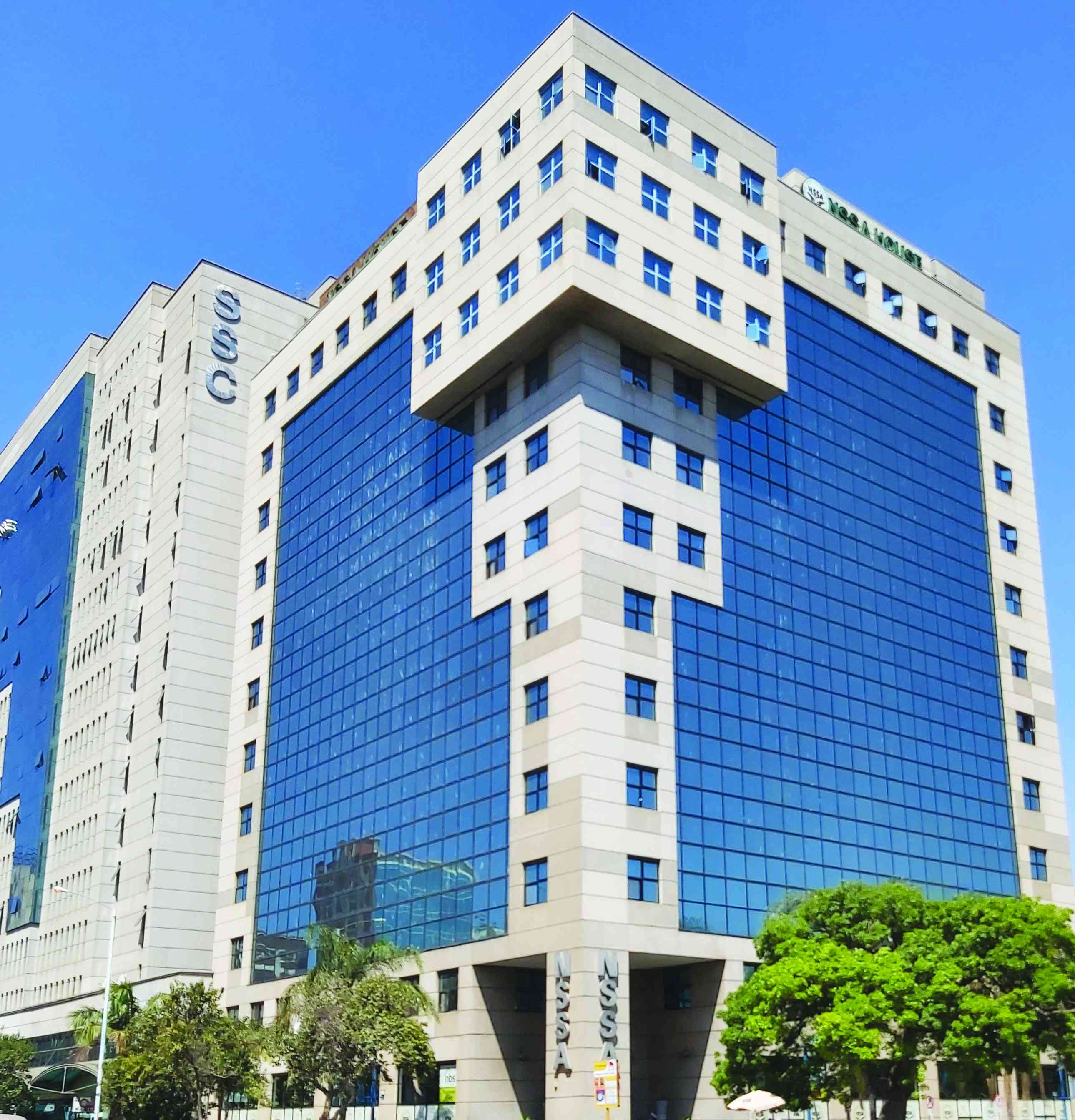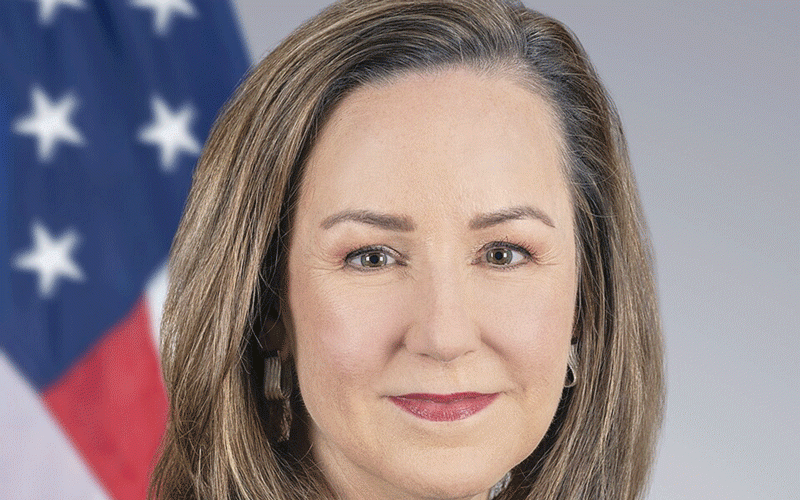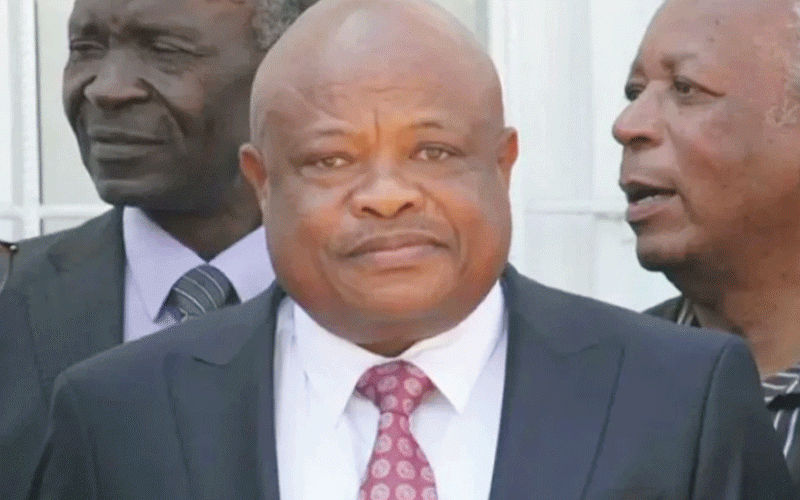
ZIMBABWE’S pneumoconiosis prevalence rate, particularly in the coal-mining hub of Hwange in Matabeleland North, may be significantly understated, the Zimbabwe Independent has learned.
Pneumoconiosis, a chronic lung disease caused by prolonged inhalation of certain dust types, is also referred to as lung scarring or fibrosis.
It is prevalent in mining regions where coal, asbestos, cobalt, tungsten, and aluminium are extracted.
In Zimbabwe, cases linked to coal dust inhalation have been detected in Hwange, home to Africa’s largest fossil fuel reserves. Yet, authorities suggest many cases remain unreported.
National Social Security Authority (Nssa) marketing and public relations deputy director, Tendai Mutseyekwa, confirmed the issue of underreporting.
“According to our records, for the past five years, from 2020 to date, two cases of pneumoconiosis were diagnosed,” he told the Independent.
“However, this statistic could be misleading due to various factors such as underreporting of cases by employers, low compliance rate … as well as failure to test for pneumoconiosis.
“We believe, given the level of activity in Hwange, chances are that there is a much higher prevalence of infections and that is why we implore on miners to do the responsible thing by registering their operations with Nssa to enable us to perform our mandate of promoting and enforcing occupational safety and health.”
- Chinese quarry mine unsettles Byo residents amid bribery claims
- Chinese quarry mine unsettles Byo residents amid bribery claims
- Chitungwiza Municipality owed $2bn
- Probe into NSSA delayed
Keep Reading
In Hwange, where mining operations are predominantly run by foreign firms, compliance with safety regulations has been a persistent challenge.
Mutseyekwa explained that many companies fail to adhere to critical provisions of the Factories and Works Act, such as conducting regular medical checks and installing proper dust containment systems.
“Matabeleland North province is very busy with mining operations, mainly involving coal. These operations go hand in glove with coking operations, where companies further process the coal to get coke, which is used in steel processing,” he said.
“The Hwange area has many such operations, run mainly by foreign entities. Nssa is focused on ensuring that these operations comply with all relevant statutes under our ambit.
“Some of the compliance challenges encountered include failure to register facilities as per the Factories and Works Act, failure to do regular medical checks, failure to provide decent meal facilities, among others.”
Some of the companies, which extract coal in Hwange, include Hwange Colliery Company (HCC), South mining, Zhong Jian, Dinson Colliery, David Qui Quarry Turbo Mine, Tutu and Zimberley.
Mutseyekwa said there were some companies setting up coal-fired power plants outside stipulated regulations.
“For example, some firms are setting up power plants without following due process as defined under the Zimbabwean statutes,” he further said.
“However, most of the operations fall in mining locations, which are outside Nssa’s jurisdiction.”
Commenting on measures that the authority has put in place to contain the disease from spreading to people in coal mining communities, Mutseyekwa said Nssa obligated mining firms to adhere to regulations.
“We deal with workers, who are employed at the mines, where we ensure the employer must comply with the provisions of the Pneumoconiosis Act and the Factories and Works Act,” he said.
“Part of the requirements that assist in reducing dust emissions or fugitive emissions in the plant is requirements to install local exhaust ventilation systems that are connected to scrubbers.”
Mutseyekwa further stated that these measures limited coal dust to spread to residential areas.
“This entire process ensures that the emissions are captured, and any harmful chemicals are managed before they are emitted to the environment,” he noted.
“Ema (Environmental Management Authority) will then take over to further ensure that communities and the environment are protected as per the requirements of their Act.
“Workers can receive compensation if it has been traced that the disease was contracted because of the related work.”
Zimbabwe’s existing legislations relating to the disease, among other issues, provide for the regulation of conditions in factories, supervision of the use of machinery and precautions against accidents to persons employed on structural work.










